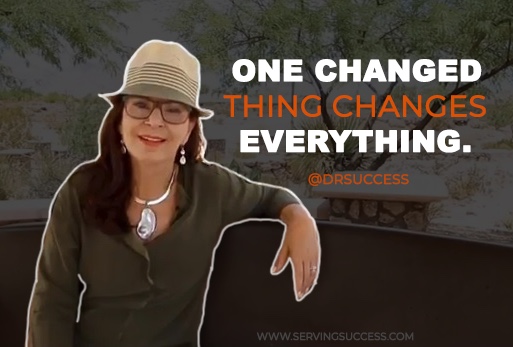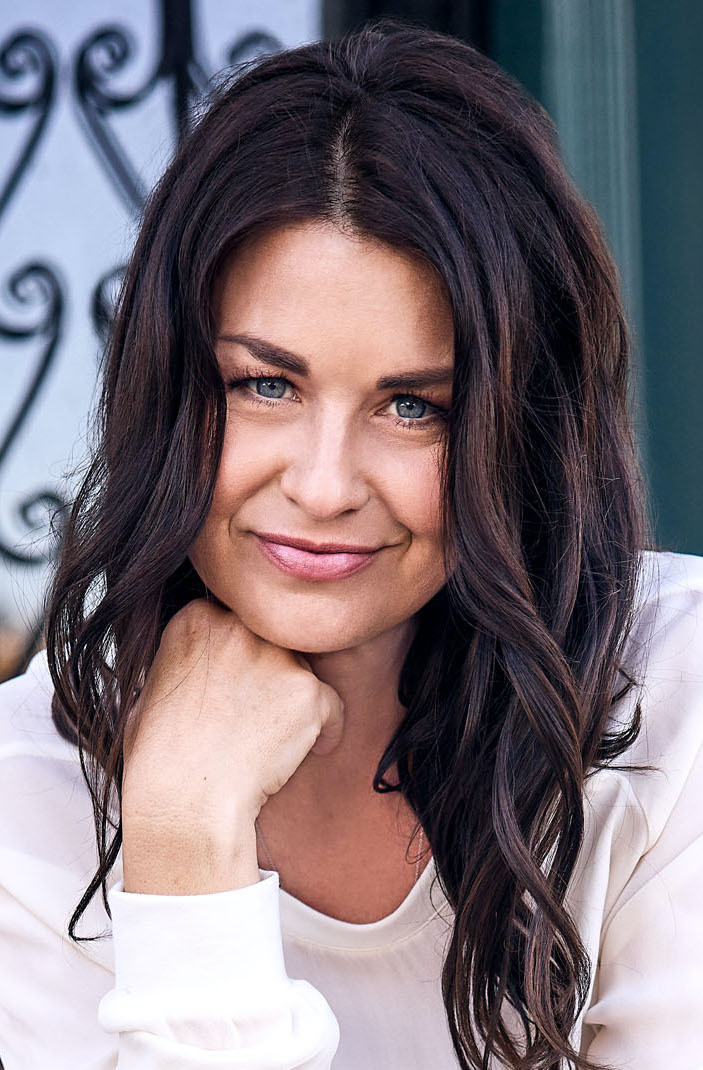“If only.” Those must be the two saddest words in the world.
-Mercedes Lackey
As Valentine’s Day approaches there is always an avalanche of relationship advice. Reading all the advice may leave you feeling as though you can bury any hope of happiness in your love or your work relationships. You might be busy comparing what your relationships look like against some supposed ideal relationships. You may think your friend’s partner is more attentive than your partner. You may think your friend’s boss is more supportive of their career than your boss. If only you had made a different choice!
Here is a different approach. How about this Valentine’s Day you give yourself a gift by taking just one positive action toward reducing your regrets in life. Who knows what that one action will be, but when the opportunity presents itself it is better to take action than not take action. There are no guarantees you will never have regrets but taking action guarantees your regrets won’t become excuses.
Make a list of your top 5 life regrets.
It does not matter what area of your life the regret comes from, life is life.
Got your list? Now, grant yourself a ‘redo’. Play it out in your mind. Include the one action you wish you had not taken. Include the one action you believe you could have taken that would reverse the regret outcome – in your mind at least. For every unresolved regret, there are untold potential actions that could have been taken. Remember to alter all the other stories of your life also. A change in one area impacts all other areas. One changed thing changes everything.
It is important to grasp that no one gets to go through life and not have regrets. Historically, research has shown that women tend to report more life regrets in the love and general life areas than work regrets. Men report more regrets in the work arena. In all cases, a regret scenario where the person could have taken an action and did not — an ‘inaction’ regret — lasted longer than regrets where they took an action. It will be interesting to see if the research holds as the current generation shifts from seeking work-life balance to a life of holistic integration. A unique example of such integration in the United States is the job of First Lady (or soon, First Gentleman).
Former First Lady, Michelle Obama, recounts in her memoir, Becoming, how early in the first campaign staffers orchestrated an intervention of sorts. It seemed Michelle’s tone of voice, her facial expressions, her unfiltered honesty, offended someone, somehow, almost all the time. What if the staff had not orchestrated that intervention? What if Obama had been unwilling to pay attention and take action? Would Barack Obama have become president? Would Michelle have ever become the First Lady? It is well reported that Michelle did not enter her professional life –or her married life — with a goal to become First Lady. Yet, when she shifted her priorities and decided to accept the job if it became available, she was willing to take whatever actions were necessary to be successful.
Research supports Obama’s effort. One simple step, taking action, can shift the trajectory of your regret profile. If one is good, three might be better.
Take action
3 Actions you can take to decrease your regret rate and increase your success rate in business relationships, life relationships and love relationships:
- Be Open to Feedback. No one likes feedback. No matter how much lipstick you put on that pig, feedback feels like criticism and whether at work or in our personal lives, we do not like to be criticized. Yet, having people around you who are honest enough and brave enough to request permission to give you feedback is one of the greatest relationship builders you can have. There are several parts to this action. First, you have to surround yourself with people you can trust. Second, you need to believe the people you surround yourself with have your best interest at heart. Third, these people have to have ethical courage and be willing to use it on your behalf. Master coach, Marshall Goldsmith, coined the term ‘feedfoward’. When someone in your inner circle of trust requests permission to give you feedback, listen. They are really asking you to listen long enough to hear that they have your best interest at heart.
- Make your action intentional. Whether at work or in a personal relationship, intentional effort takes a bit of planning and consideration. It is the same as strategic planning is for any business, except the result is improved relationships in any area of your life. Since you will invest over 90,000 hours at work during your lifetime and currently about 90 percent of all adults marry, the marriage research of John Gottman informs the impact intentional effort can have. An example is you need to plan time together to build relationships. At work that looks like planning a coffee just to get to know someone. In a marriage, as unromantic as it seems, putting your time together – even your intimate time – on a calendar declares it as an important part of your life. Telling yourself you should have ‘made time’ after a work or personal relationship blows up is just the kind of regret you want to avoid.
- Become a dedicated service provider. Customer service is said to make or break a business. Customer service providers focus on satisfying the needs of those they serve and helping you have the best experience every time you encounter them. Just imagine if you set the same goal toward your life partner and your coworkers. Imagine what your life would look like living and working with a happy customer (and being one too!).
And if you are really brave, check out these online dating tips!




